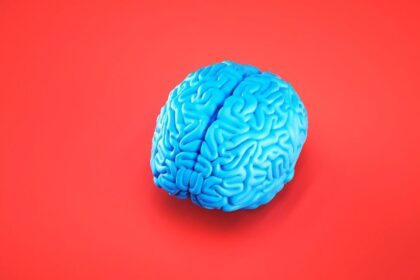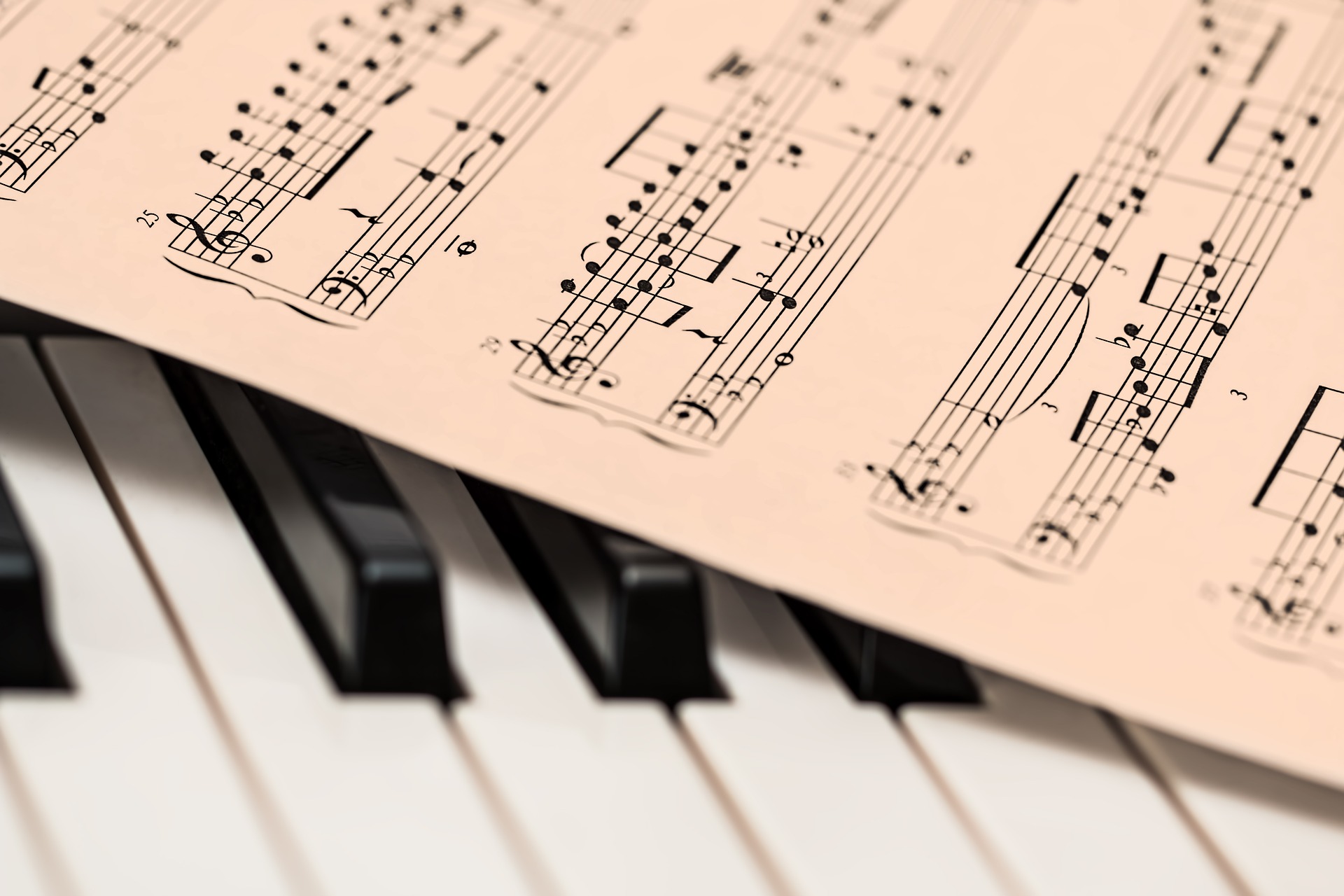New research refutes the claim of positive effects from Mozart’s melody on epilepsy
The study was released by the journal Scientific Reports.
Oxytocin may diminish social stress for professional music entertainers
The results were released in Frontiers in Neuroscience.
New study finds classical music and white noise do not improve certain cognitive function
The study was conducted at Monash University and released in Frontiers in…
Remarkable study finds potential therapeutic effects for refractory epilepsy through Mozart’s K448
Researchers conducted tests on the brains of 16 adult participants by the…
Listening to music near bedtime may disrupt sleep patterns
The studies evaluated sleep quality, music habits, and earworm frequency among the…
How listening to music may help improve sleep quality among adults
The study highlighted how sleep quality may be improved using music therapy.
Choir singing may bring positive effects to the cognitive functioning of elderly people
The study determined that the choir singers experienced improved verbal flexibility.
Study examines the brain regions most active when experiencing music-induced emotions
Close to 100 participants were recruited and instructed to listen to instrumental…
Learning to play an instrument could improve attention and working memory in children
The findings were released in Frontiers in Neuroscience.
Researchers demonstrate how music could reduce the frequency of epileptic seizures
Listening to Mozart correlated with a drastic reduction in epileptic seizures, new…
Listening to Mozart may help reduce seizure frequency among patients with epilepsy
The findings were released in the peer-reviewed journal Epilepsia Open.
Some infants may be able to distinguish musical tones later in infancy
Infants may be born with the ability to distinguish musical tones, with…











